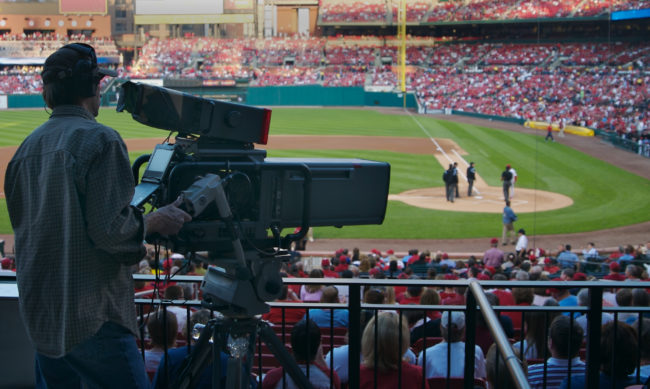On February 13, 2018, the Chicago White Sox moved to dismiss a suit brought by brought by former New York Yankees outfielder, Dustin Fowler. Fowler, now a member of the Oakland Athletics, sued the White Sox claiming that the team negligently caused him to injure himself during a game at Guaranteed Rate Field, home of the White Sox. The incident occurred on June 29, 2017, when Fowler was running at full speed, chasing a foul ball, and crashed into the low corner wall. His right knee hit an exposed metal box used for Wi-Fi. Fowler was carted off the field and rushed to the hospital for immediate surgery. He suffered an open rupture of the patellar tendon in his right knee. The injury ended his rookie season before his first major-league at-bat.
In their motion to dismiss, the White Sox argued that Fowler’s suit was preempted by Section 301 of the Labor Management Relations Act (LMRA), because the suit was subject to the arbitration clauses of Major League Baseball’s collective bargaining agreement. Specifically, the White Sox’s argued that Fowler’s negligence suit is preempted because it will require the court to ascertain the scope of the White Sox’s duty to address issues of player safety, and to evaluate whether the White Sox acted reasonably under the circumstances alleged in the suit. In addition, Fowler’s potential damages would also require interoperation of the collective bargaining agreement.
Back on February 6, 2018, the White Sox removed the case from Illinois state court, to Illinois federal court, because according to the White Sox‘s, the case presented a federal question under Section 301 of the LMRA. Section 301 of the LMRA provides that federal courts have original jurisdiction over all “suits for violation of contracts between an employer and a labor organization.”
According to the White Sox February 13, 2018 motion to dismiss, “[Mr. Fowler’s] claim against the White Sox is completely preempted by Section 301; [Mr. Fowler] is first required to exhaust the required grievance and arbitration procedures in the Basic Agreement. As [Mr. Fowler] did not – and cannot – plead the requisite exhaustion, the complaint must be dismissed.”

